What is Muscle Spasm?
- Home
- What is Muscle Spasm?
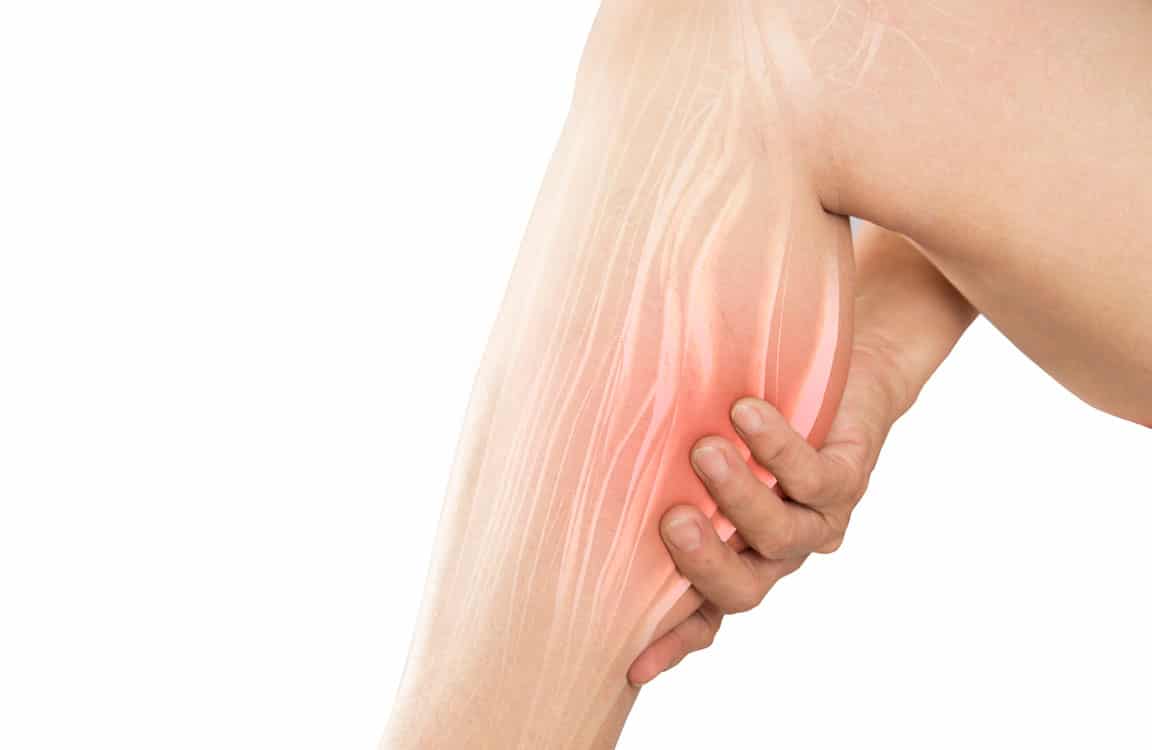
Muscle spasms or muscle cramps are painful contractions and tensions of muscles. Muscle spasms are common, occur involuntarily, and are unpredictable. Although there are steps that can be taken to prevent a muscle spasm and treat it when it occurs, these methods may not always work. Things like muscle relaxants, stretching, and massage will likely help.
What are Muscle Spasms?
Spasms, also known as muscle cramps, occur when the muscle contracts involuntarily, forcefully and uncontrollably and cannot relax. This condition is very common and can affect any muscle. Muscle spasms can affect part of a muscle, all of it, or several muscles in a group. The most common places where muscle spasms occur are; thighs, calves, feet, hands, arms and abdomen. This type of cramps, especially in the calves, is called "charley horse".
What Do Muscle Spasms Feel Like?
The intensity of muscle spasms can be seen as mild or uncomfortable twitching, or as severe pain that causes discomfort. When the contracted muscle is touched, it may feel stiffer than normal and/or appear visibly deformed and may even twitch. Spasms generally last from seconds to 15 minutes, sometimes even longer, and may recur many times before disappearing completely.
How to Stop Muscle Spasm?
There is no pill or injection that instantly relieves muscle spasms. Therefore, the best thing to do is to stretch and massage the affected muscle. If the spasm is in the leg, it may be good to get up and walk around. Hot applications such as taking an ice or warm bath or using a thermophore can be tried.
In some cases, a muscle spasm can be prevented or stopped before it occurs.
Who Gets Muscle Spasms?
Muscle spasms can happen to anyone at any time. Person; Whether old or young, sedentary or active, everyone can develop muscle spasms. Spasms; It may occur while walking, sitting, doing any exercise or sleeping. Some people are more prone to muscle spasms and experience them regularly with any physical exertion.
How Common Are Muscle Spasms?
Muscle spasms are quite common. It can happen to anyone and is very normal.
What are the Causes of Muscle Spasms?
“Idiopathic” means that the exact cause is unknown, and this is exactly the case with muscle spasms. Some experts believe that in most cases, one of the following may be responsible for muscle spasm.
- Not enough stretching
- Excessive fatigue of the muscle
- Exercising in the heat
- Dehydration
- Depletion of electrolytes (salts and minerals in the body such as potassium, magnesium and calcium)
- Decrease in blood supply
- Stress
- Lots of high-intensity exercise
Possible causes of leg cramps, especially at night, include:
- Sitting for long periods of time
- Overuse of muscles
- Standing or working on concrete floors
- Sitting in the wrong position
What Are The Symptoms of Muscle Spasms?
Muscle spasms can be excruciatingly painful. A twitch may appear under the skin and touching it may cause discomfort. Spasms are involuntary. Muscles contract and require treatment and time to relax. Spasms are very common, especially in older people and athletes.
If muscle spasms are severe, occur frequently, do not respond well to treatment, and are not due to obvious causes, it is necessary to make an appointment with a doctor. In such cases, spasms may sometimes be related to other underlying factors.
How Are Muscle Spasms Diagnosed?
In order for the doctor to make a relevant diagnosis regarding the cause of muscle spasms, he/she needs to know the person's medical history and medications, as well as information about:
- How strong the pain is
- When the muscle spasms occur (for example, at night or after exercise)
- How long muscle cramps last
- What muscle spasms feel like
- When muscle spasms started
- What are the other symptoms encountered?
How to Treat Muscle Spasms?
A person may be exercising, simply sitting, or even sleeping at night when affected by a spasm. Unfortunately, there is no method that can instantly relieve the pain. However, there are five steps that can be taken to try to get rid of the spasm.
- Stretching the affected area.
- Massaging the affected area with hands or a massage tool.
- Standing up and walking around.
- Applying heat or ice. Putting an ice pack or hot water bottle on the muscle or taking a warm bath.
- Taking painkillers such as ibuprofen and acetaminophen.
What Vitamins Can Help with Muscle Spasms?
Some experts believe that vitamin B12 complex used daily can help with muscle spasms.
When Should I Go to the Emergency Room for Muscle Spasms?
In general, muscle spasms do not last very long and are not usually considered an emergency, although they can be very painful. If the pain becomes unbearable or the spasm started after touching a potentially toxic or infectious substance, seek medical attention.
How Can I Prevent Muscle Spasms?
It is difficult to prevent muscle spasms. They are often unpredictable and can occur at any time. There are risk factors that a person cannot avoid, such as their age. However, there are some methods that can help when it comes to overcoming these risk factors and preventing muscle spasms. Some of these methods are:
- Doing flexibility exercises regularly.
- Striving for better fitness.
- Stretching muscles regularly. This should be done especially by people who are prone to muscle spasms.
- Drinking fluids frequently. For this purpose, water should be preferred and alcohol and caffeine should be avoided.
- Avoiding exercise in hot weather.
- Wearing appropriate shoes.
- Keeping weight within a healthy range.
- Doing light exercise just before going to bed to prevent nighttime leg cramps.
- Avoiding medications that may cause muscle spasms as a side effect.
- To prevent leg cramps, use a pillow with toes facing up if sleeping on your back. If sleeping face down, hang your feet over the end of the bed.
- Stretching the muscles just before going to sleep. Keeping sheets, duvets or blankets loosely around the legs while sleeping.
Muscle spasms may worsen with age and occur more frequently. It may be helpful to know and apply prevention and treatment techniques to increase the chances of managing muscle spasms.
When Should You See a Doctor?
If spasms are unbearably painful, occur frequently, or last for a very long time, it is necessary to see a doctor. If a person additionally has the following symptoms, they should contact a doctor immediately:
- If there is significant pain.
- If there is swelling or numbness in the leg.
- If there are changes in the skin of the legs.
- If you constantly wake up due to leg cramps.
- Leg cramps prevent the person from sleeping at night.
- If there are fluid abnormalities or electrolyte imbalances that the person is aware of.
If you are concerned that your muscle spasms are a symptom of a serious underlying medical condition, a doctor should be contacted.
What Questions Should You Ask the Doctor About Muscle Spasms?
When a person sees a doctor about muscle spasms, it is useful to ask him the following questions:
- Would you recommend that I see a physical therapist, sleep specialist, massage therapist, or other specialist?
- Do you think my muscle spasms are a sign of illness?
- What are the best exercises I can do to stretch my muscles?
- How can I help my child with muscle spasm problems?
- What are the best massage techniques I can use to help my muscle spasms?
People who have problems with muscle spasms do not have to live with this condition for life. Spasms can be unpredictable, but there are steps that can be taken not only to prevent them but also to soothe them. It may be helpful to contact a doctor and share concerns about this issue. Those who experience muscle spasms should not let it stop them from having a healthy exercise routine or disrupt their sleep.
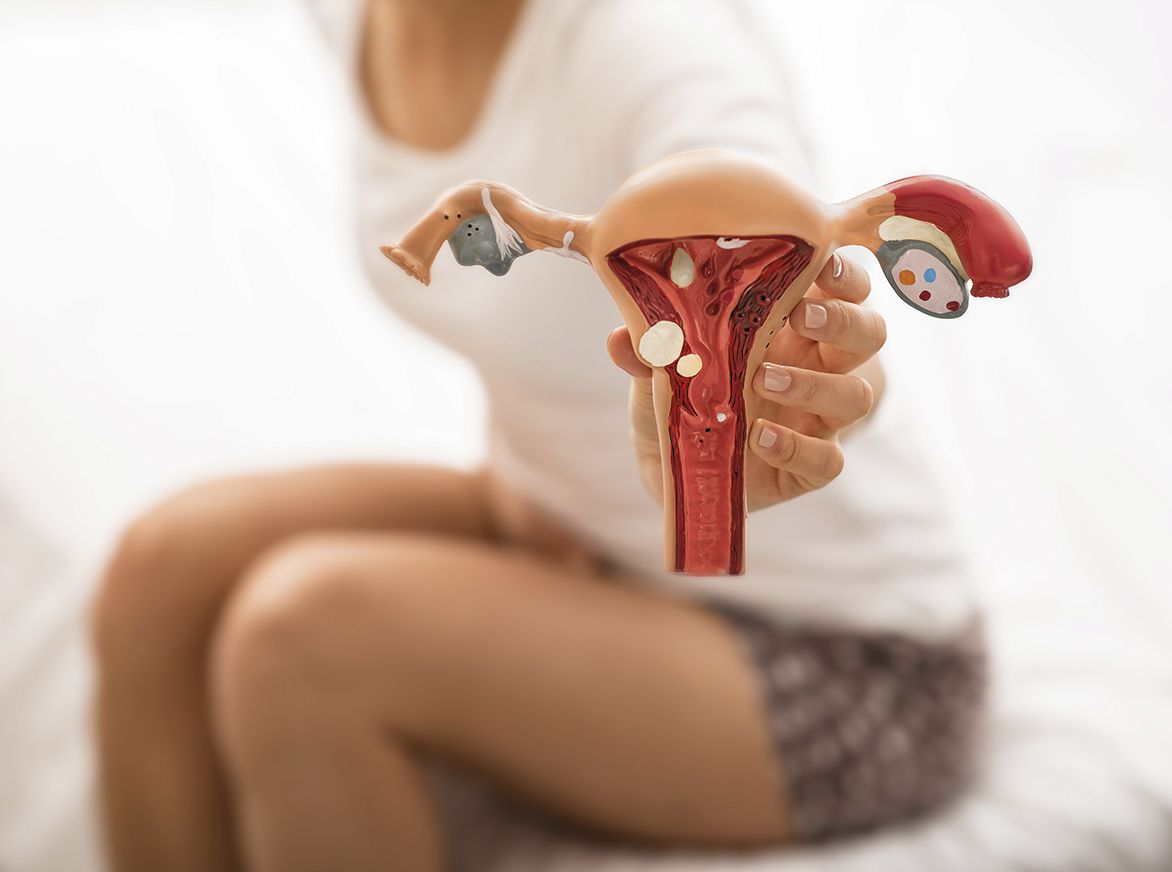 What is Endometriosis (Chocolate Cyst)? What are the symptoms? How to Treat?
What is Endometriosis (Chocolate Cyst)? What are the symptoms? How to Treat? 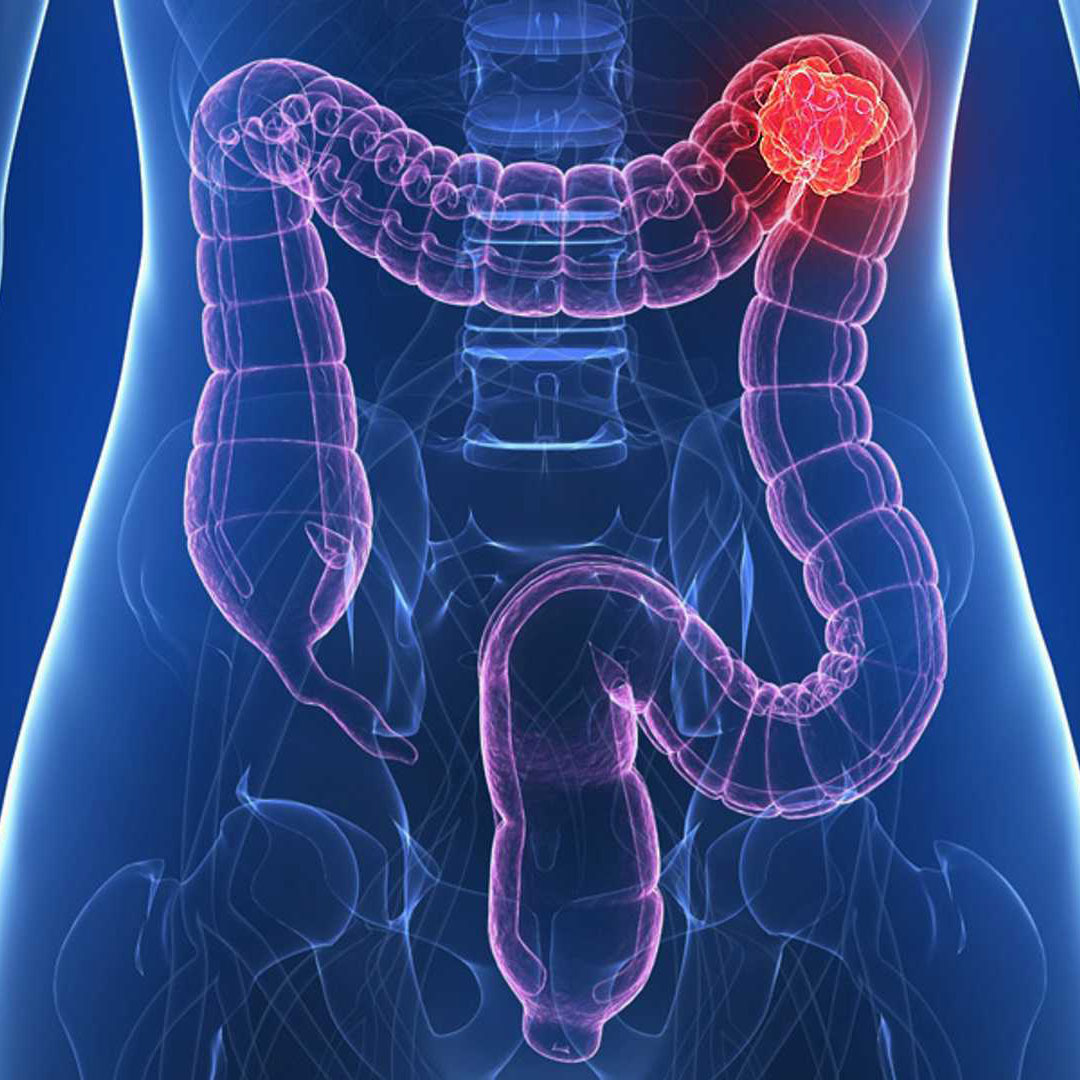 Colon Cancer (Symptoms, Stages, Treatment)
Colon Cancer (Symptoms, Stages, Treatment)  Influenza (Flu) in Children
Influenza (Flu) in Children  Stomach Cancer Symptoms and Treatment Methods
Stomach Cancer Symptoms and Treatment Methods 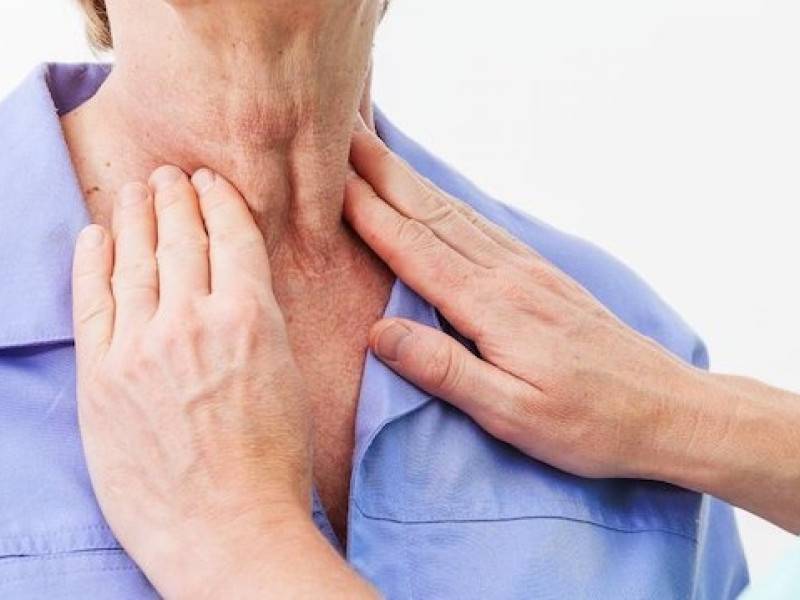 What is Lymph Node Swelling? What Are The Reasons?
What is Lymph Node Swelling? What Are The Reasons?  When to Use Antibiotics? What are the side effects? What is Antibiotic Resistance?
When to Use Antibiotics? What are the side effects? What is Antibiotic Resistance?  What is Muscle Spasm?
What is Muscle Spasm? 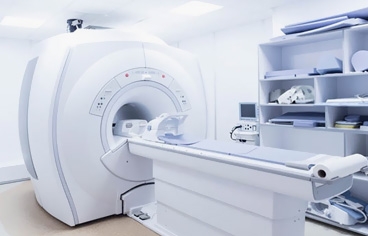 What is MRI? How to Take an MRI with Medication? Is It Harmful?
What is MRI? How to Take an MRI with Medication? Is It Harmful?  What are the Causes of Diarrhea and Vomiting? How to Treat?
What are the Causes of Diarrhea and Vomiting? How to Treat? 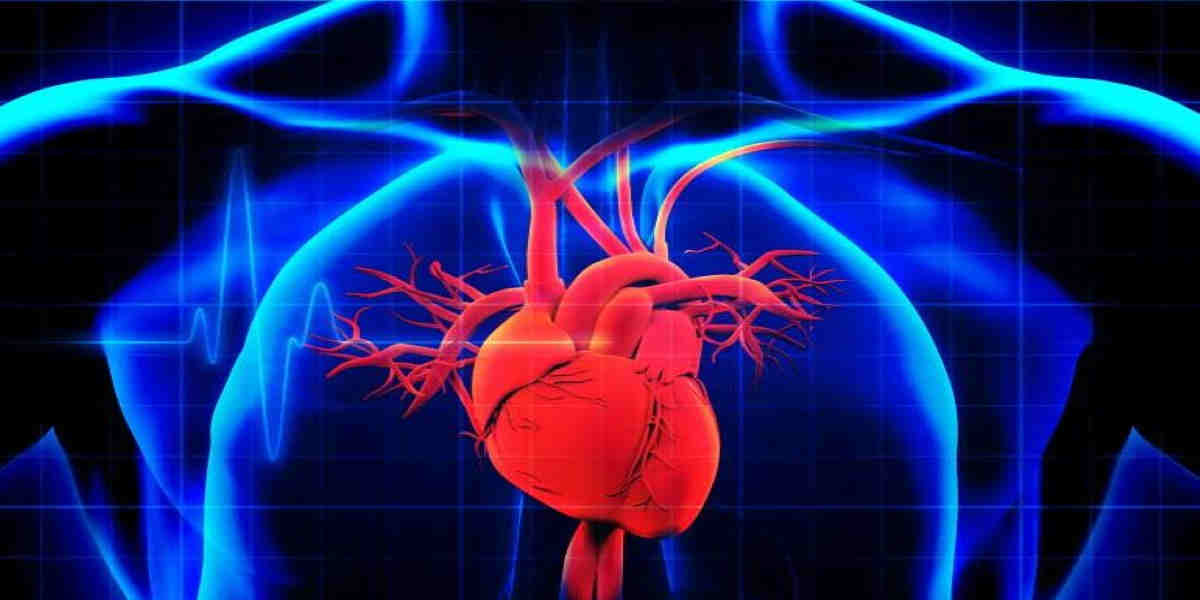 What is Heart Failure? What are its stages? How to Treat?
What is Heart Failure? What are its stages? How to Treat?
